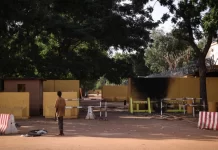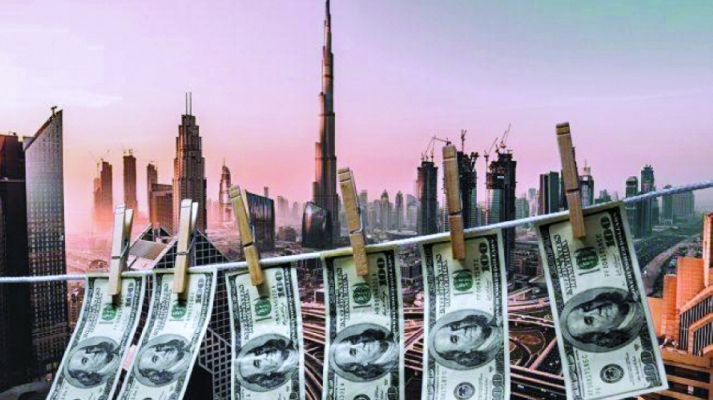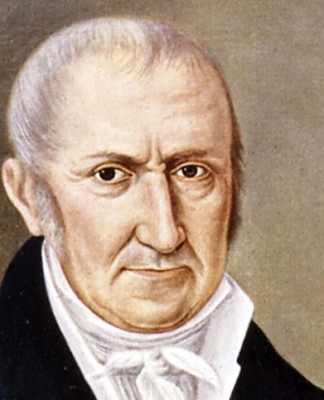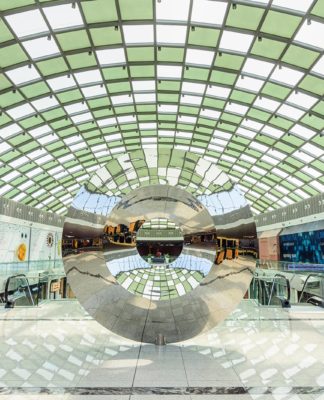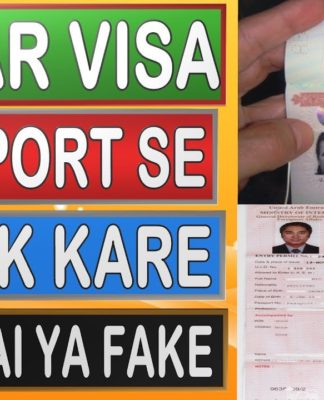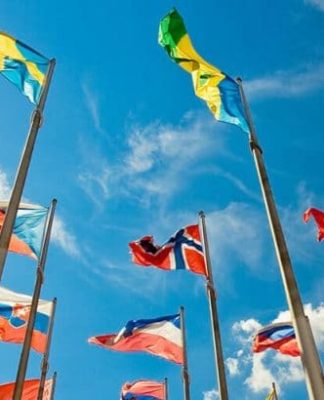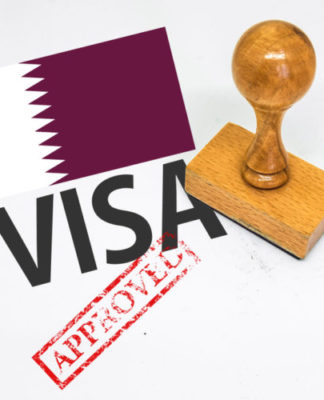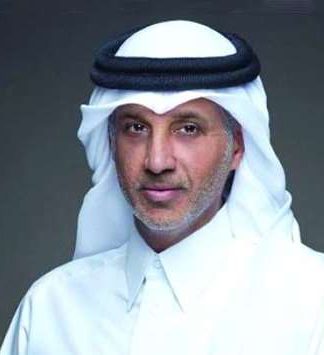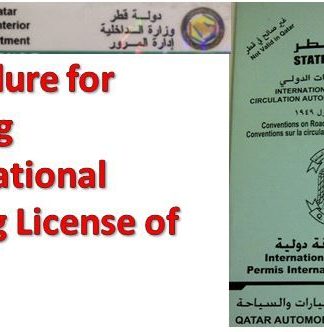Human Rights Watch described the UAE as a criminal country and a haven for the corrupt, denouncing its reception of the former King of Spain, Juan Carlos I, who is accused of many corruption cases in his country. The organization said that King Carlos had moved to the Emirates, where “human rights in this country are in dire straits.” International human rights activist Marina Rera, coordinator of communications and international justice at the International Human Rights Watch, confirmed that human rights in the UAE are in a deplorable state. In an article published by “Human Rights Watch”, on Friday, Rera indicated that after two weeks of official silence and media speculation, the whereabouts of the former Spanish king Juan Carlos I, who left Spain earlier this month, was confirmed amid accusations of financial misconduct – including Accepting gifts from Gulf countries – as he chose to move to Dubai in the Emirates, noting that his new home is also required to have many answers.
“Over the past 15 years, Human Rights Watch has repeatedly documented serious and systematic violations of human rights in the UAE,” the human rights activist said. “The UAE authorities have been practicing a continuous assault on freedom of expression and association in the country since 2011, by arresting their critics and forcibly disappearing them. Among them is Ahmed Mansoor, a prominent Emirati human rights defender, who was held in solitary confinement in March 2017, which deprived him of breathing fresh air and put his health at risk.
But the repressive regime in the UAE does not only affect the critics and those whom the authorities see as damaging the carefully drawn image of the country, as investigations revealed how the government’s use of sophisticated spyware programs allowed targeting and monitoring foreign journalists and even world leaders, according to the international activist.
She highlighted the UAE’s laws continuing to discriminate against women and immigrants, who represent more than 80% of the country’s population. She said “p
Unlike Juan Carlos I, who can enter the country easily, migrant workers are subject to the sponsorship system, which ties their visas, and thus their residence in the country, to their employers.
“This means that if they leave their employers without permission, they may face penalties such as fines, imprisonment, deportation, and a temporary or permanent ban on their return … Many low-paid migrant workers are still very vulnerable to human rights violations, which increases their risk of contracting the virus,” she added. Corona ”.
Marina Rera concluded, “The UAE may have opened its doors to the former Spanish king, but it is still closing it in the face of international human rights organizations and independent observers, leaving it with a margin of freedom to falsify its image as a tolerant, open, and progressive country.”








